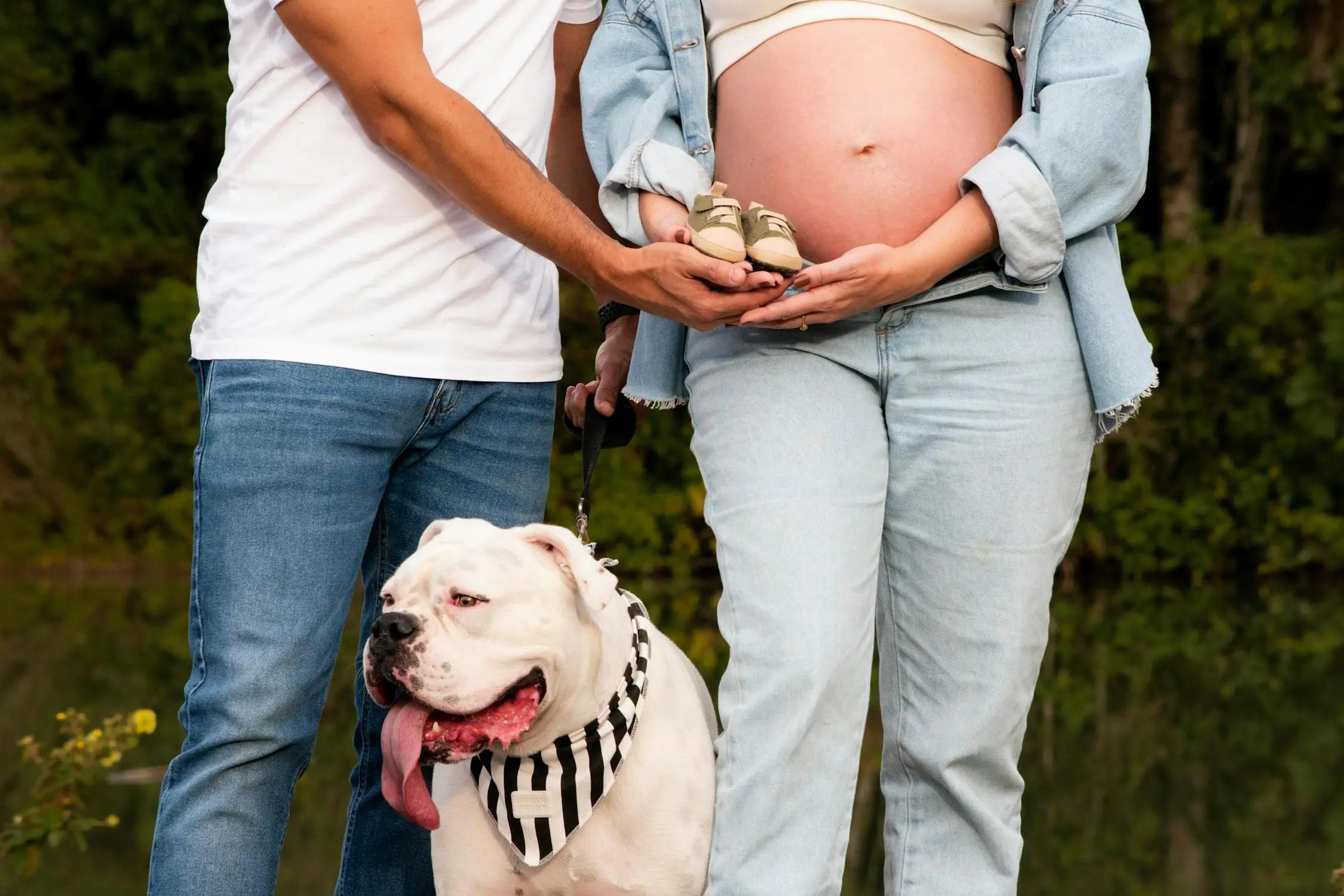Inicio
Pregnancy, Breastfeeding, and Pumping: The Ultimate Guide for Moms
Can You Take a Pregnancy Test 3 Days After Sex? What You Need to Know

Can You Take a Pregnancy Test 3 Days After Sex? What You Need to Know
When it comes to pregnancy tests, timing is everything. Many people wonder, 'Can you take a pregnancy test 3 days after sex?' The short answer is that it's unlikely to provide accurate results. However, understanding the science behind pregnancy tests and the factors that influence their accuracy can help you make informed decisions.
How Pregnancy Tests Work
Pregnancy tests detect the presence of human chorionic gonadotropin (hCG), a hormone produced by the placenta after a fertilized egg attaches to the uterine lining. This hormone is not immediately present in the body after conception. It takes time for hCG levels to rise to a detectable level, which is why testing too early can lead to false negatives.
The Timeline of Conception and hCG Production
Conception typically occurs when sperm fertilizes an egg, usually within 24 hours of ovulation. After fertilization, the egg travels down the fallopian tube and implants itself into the uterine lining. This process, known as implantation, can take anywhere from 6 to 12 days after ovulation. Only after implantation does the body begin to produce hCG.
Given this timeline, taking a pregnancy test 3 days after sex is generally too early. At this point, even if conception has occurred, implantation may not have taken place, and hCG levels would be undetectable.
Factors That Influence Test Accuracy
Several factors can influence the accuracy of a pregnancy test, including the sensitivity of the test, the timing of ovulation, and the timing of implantation. Some tests are more sensitive than others and can detect lower levels of hCG. However, even the most sensitive tests require hCG levels to be above a certain threshold to provide accurate results.
Additionally, the timing of ovulation and implantation can vary from person to person. If ovulation occurs later in the menstrual cycle, implantation may also be delayed, further reducing the likelihood of accurate results 3 days after sex.
When to Take a Pregnancy Test
For the most accurate results, it's generally recommended to wait until after you've missed your period to take a pregnancy test. This typically occurs about 14 days after ovulation, which is when hCG levels are likely to be high enough to detect.
If you're anxious to test earlier, some highly sensitive tests claim to detect pregnancy as early as 7 to 10 days after ovulation. However, even these tests are not reliable 3 days after sex.
Understanding False Negatives and False Positives
False negatives occur when a pregnancy test indicates that you're not pregnant, but you actually are. This can happen if you test too early, as hCG levels may not yet be detectable. False positives, on the other hand, are rare but can occur due to certain medical conditions or medications that affect hCG levels.
If you receive a negative result but still suspect you might be pregnant, it's a good idea to wait a few days and test again. If you receive a positive result, it's important to confirm it with a healthcare provider.
Other Signs of Early Pregnancy
While a pregnancy test is the most reliable way to confirm pregnancy, there are other early signs you might notice. These can include missed periods, nausea, breast tenderness, fatigue, and frequent urination. However, these symptoms can also be caused by other factors, so they should not be relied upon as definitive proof of pregnancy.
What to Do If You Think You're Pregnant
If you suspect you might be pregnant, the best course of action is to wait until after you've missed your period to take a pregnancy test. If the test is positive, schedule an appointment with a healthcare provider to confirm the results and discuss next steps.
If the test is negative but you still have concerns, consider tracking your menstrual cycle and monitoring for any changes. If you continue to experience symptoms or have irregular periods, consult a healthcare provider for further evaluation.
Ultimately, while the question 'Can you take a pregnancy test 3 days after sex?' is a common one, the answer is that it's unlikely to provide accurate results. Understanding the science behind pregnancy tests and the factors that influence their accuracy can help you make informed decisions and reduce unnecessary stress.
Curious about the best time to take a pregnancy test? Discover the facts and ensure you get the most accurate results possible.
Compartir
